Here's How To Find Out If There's Teflon In Your Beauty Products
When you’re thinking of beauty products, ingredients like hyaluronic acid and retinol probably come to mind. Teflon, on the other hand? Not so much.
However, a recent study conducted by the Environmental Working Group found that a number of beauty and skin care products contain Teflon, the brand name for a chemical called polytetrafluoroethylene or PTFE, and/or other fluorinated chemicals known as per- and polyfluoralkyl substances (PFASs).
As the study notes, “Teflon (or PTFT) [is] one of thousands of PFASs ― some of which have been linked to serious health effects including cancer, thyroid disease and reduced effectiveness of childhood vaccines.”
To find out which products contain Teflon and other chemicals in the same class, EWG searched through its Skin Deep database, which contains the ingredient lists for over 74,000 products.
The EWG scientists were able to identify 13 different PFAS chemicals in almost 200 products, including makeup, shampoo and sunscreen, from 28 brands. Of those nearly 200 products, 66 products from 15 brands (including CoverGirl and L’Oreal) contained Teflon.
So, what exactly are Teflon and other PFAS chemicals doing in our cosmetics?
EWG senior scientist David Andrews told HuffPost that PFAS chemicals are added to cosmetics for a number of reasons, including oil and water repellency. Waterproof mascaras and eyeliners, for example, are common makeup items that may use PFAS chemicals.
PFASs can also give products a different feel or “slipperiness,” Andrews said, noting that they are sometimes used in frizz-fighting hair products.
How dangerous are they?
EWG called PFASs “among the most worrisome” of chemicals used in products that come into regular contact with our skin and our bodies. PFAS chemicals have been found in everything from fast-food wrappers to Scotchgard fabric protector, and “have polluted people, animals, drinking water and the environment worldwide,” the study notes.
The study also states they’re allowed to be in cosmetics and skin care products only because of outdated federal regulations regarding the safety of cosmetics.
Some PFAS chemicals have been linked to the health concerns mentioned above, but Andrews acknowledged there is some uncertainty as to how dangerous they are in cosmetics.
“At the same time, we think there’s enough information about these types of chemicals and this class of chemistry to not have them in cosmetics, especially in places where there seems to be alternatives,” Andrews said.
The good news? “The vast majority of products were not using these types of ingredients,” he added. “So we really think these chemicals shouldn’t be in cosmetics.”
How do you know if your beauty products contain Teflon or PFAS chemicals?
One simple way to identify these potentially harmful ingredients is to look at your product labels for the term “fluoro,” which may appear in a longer name, such as perfluorononyl dimethicone or perfluorodecalin, Andrews explained. You should also look for PTFE.
If you do notice any of these ingredients, don’t panic just yet. The study notes, “Absorption of these chemicals through skin is not expected to be a significant route of exposure.”
However, it also says that the absorption may increase if applied around the eye area, where the skin is a little thinner, and depending on the type of PFASs in products, the absorption may vary.
At present, EWG says not enough is known about the potentially harmful effects of PFAS chemicals in cosmetics, but recommends staying away from products that include them.
Of course, there is plenty more research to be done. But, as Andrews said, “This is just highlighting that our exposure to these chemicals may be coming from a wide variety of sources, not just contaminated drinking water.”
“We don’t know very much about how much we’re being exposed through cosmetics or what impacts they may be having,” he added. ”But, it’s significantly concerning that they are so widespread and being used by many of the top brands.”
To read the full study, head to the EWG website, where you can also see a full list of PFAS ingredients and find out which products contain them.
Related Coverage
9 All-Natural Beauty Products You Probably Overlooked At Sephora
8 Brands That Can Turn Your Beauty Routine Into Activism
Target's Natural Beauty Line Brings Clean Beauty To The Masses
Also on HuffPost
Tarte Beauty
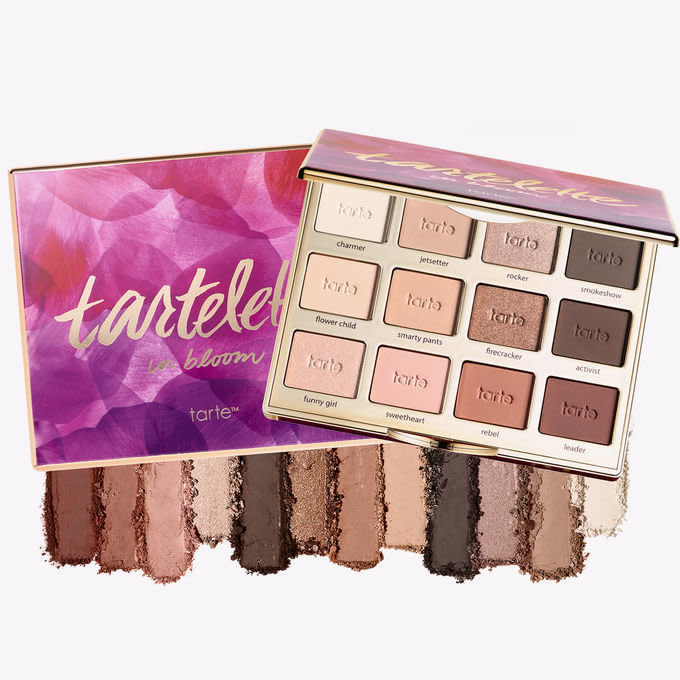
Shop Tarte here.
Maya Chia
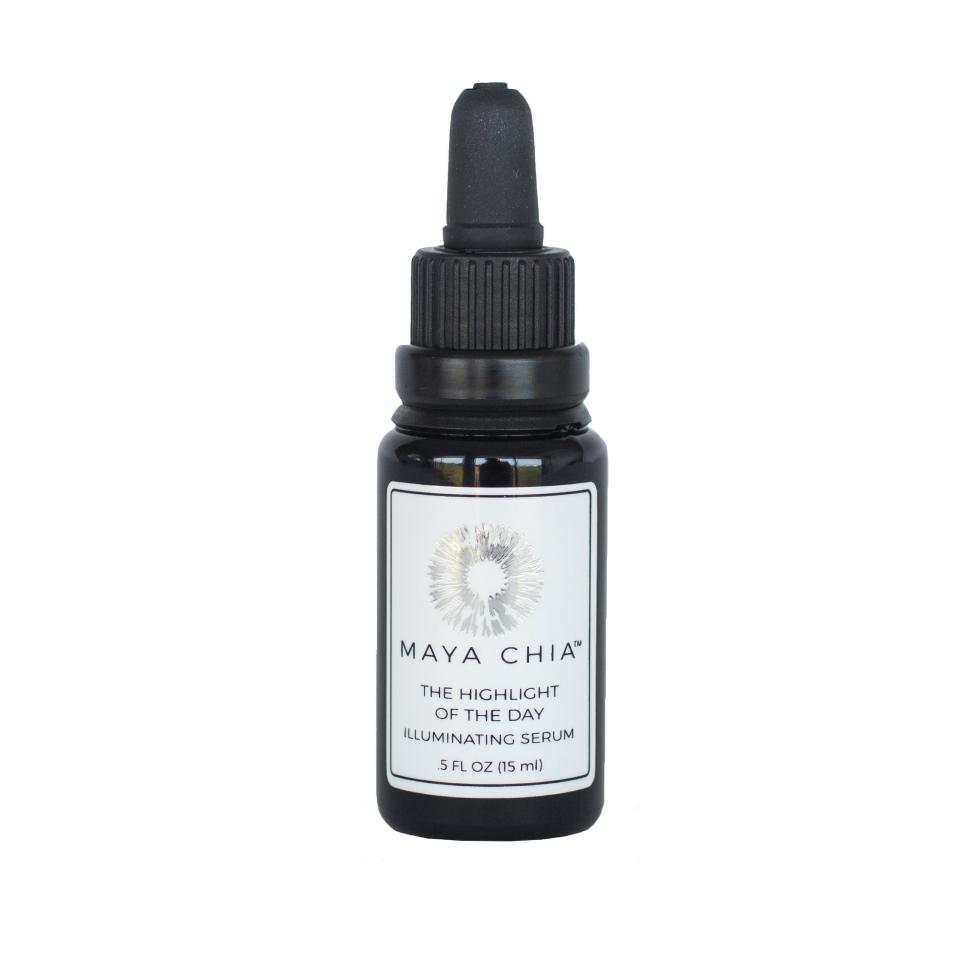
Shop Maya Chia here.
Kjaer Weis
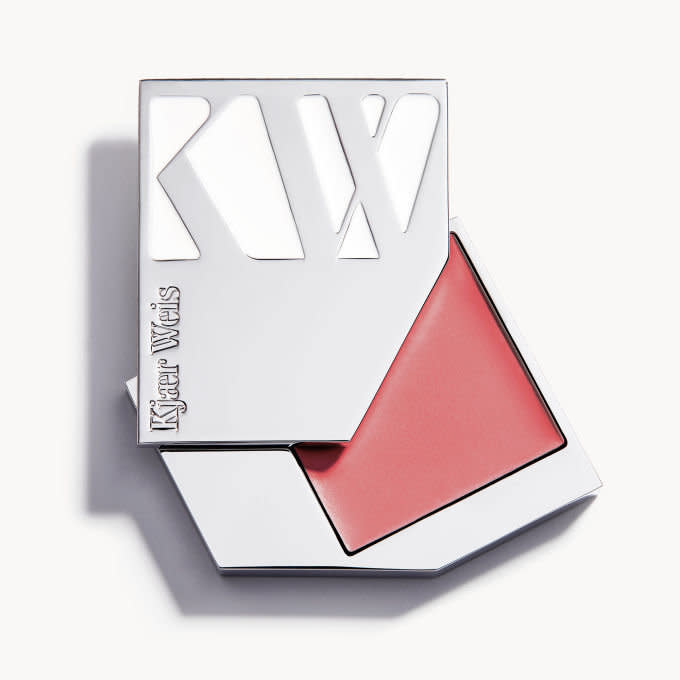
Shop Kjaer Weis here.
True Botanicals

Shop True Botanicals here.
Plain Jane Beauty

Shop Plain Jane Beauty here.
Prestidge Beaute
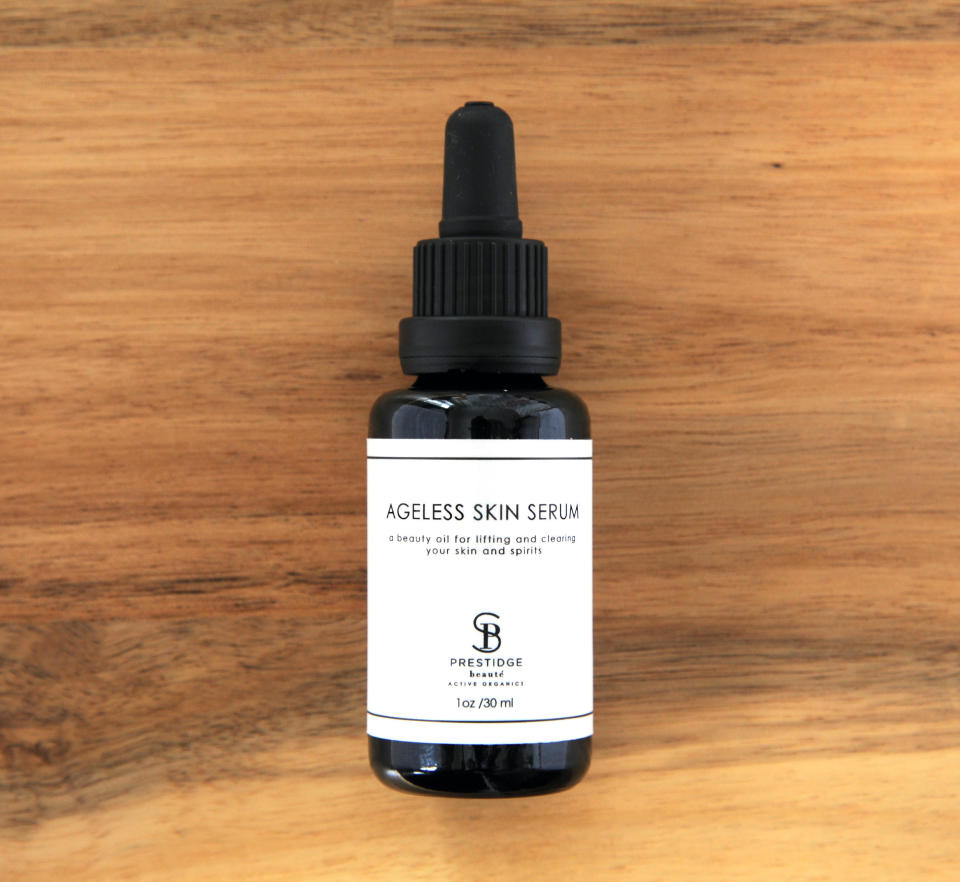
Shop Prestidge Beaute here.
Cosmos

Tata Harper
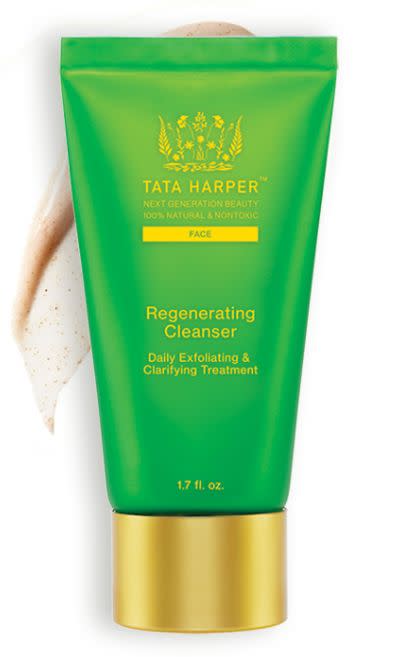
Shop Tata Harper here.
Love HuffPost? Become a founding member of HuffPost Plus today.
This article originally appeared on HuffPost.

